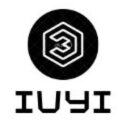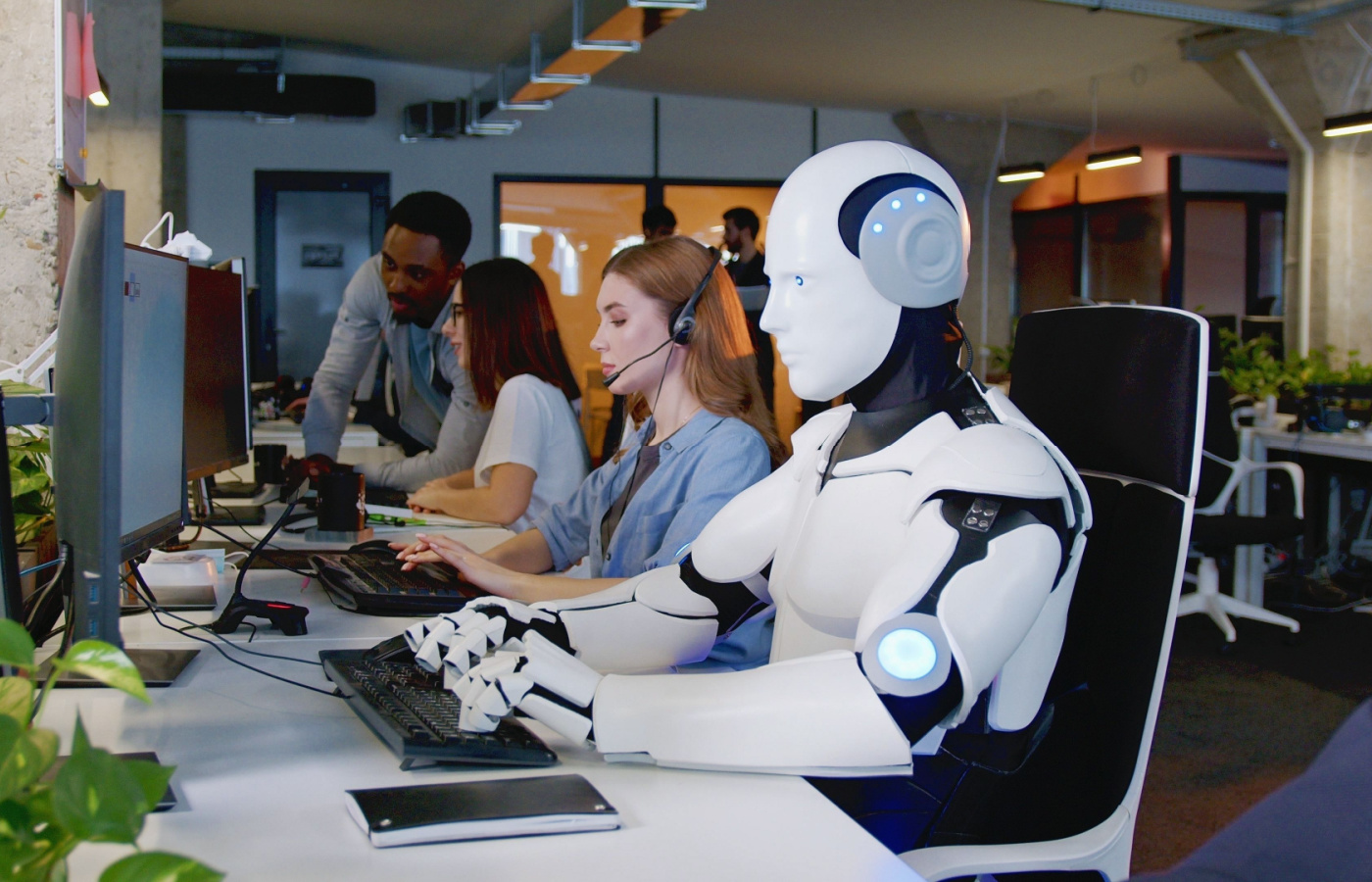Technology has long transformed the workplace, but artificial intelligence (AI) is bringing about the most profound changes yet. The internet has changed how people communicate and how workplaces function. Now, AI is transforming how businesses operate, how employees work, and even how careers develop. AI is no longer a far-fetched concept; it has become a part of everyday life, from robots answering customer questions to complex programs analyzing vast amounts of data in seconds.
By 2025, the debate will no longer be about whether AI will change the future of work. Rather, the question will be how businesses and employees adapt to it. This article explores how AI is changing the job market, what it means for workers in different sectors, and the opportunities and challenges it presents.
Robotics for More Efficient Work
Through technology, AI is transforming the workplace in a highly visible way. Intelligent systems can now perform tasks that once took hours of manual labor in a fraction of the time. AI tools are taking over tasks like data entry, document review, payroll processing, and scheduling.
This shift allows employees to focus on more creative, intelligent, and human-centric tasks instead of mundane ones. For example, financial experts no longer need to spend hours poring over charts because they can use AI tools to quickly generate reports, focus on understanding the results, and help the business make decisions.
Data insights can help you make smarter decisions
Businesses are changing the way they make decisions because AI can analyze vast amounts of information. In today’s highly competitive world, relying on intuition alone isn’t enough. AI tools can uncover patterns, trends, and opportunities that would otherwise be difficult to detect.
Businesses can use this information to make more accurate forecasts, assess risks more accurately, and improve customer marketing. In healthcare, AI-driven diagnostics can help doctors detect illnesses earlier. In retail, predictive analytics can help companies manage inventory and anticipate customer needs. The convergence of human expertise and machine creativity is shaping the future of work.
Personalized Employee Training and Development
In today’s rapidly changing technology, employee learning and development are crucial for keeping their skills up-to-date. AI is making vocational training more personalized than ever before. Instead of relying on basic training programs, companies are using AI-powered learning systems that tailor courses to each employee’s needs, skills, and work goals.
These flexible tools can suggest unique learning styles, track learning progress, and even predict future skills shortages. This means employees can continuously develop to help companies achieve their goals, resulting in a more flexible and satisfied workforce.
AI-Powered Employment and HR
Finding the right talent has always been a challenge for companies, but AI is simplifying this process. AI-powered recruitment tools can quickly sift through thousands of resumes to identify the best candidates and even determine whether they are a good fit for the company culture based on data from their past behavior.
AI tools are also being used in recruitment, enabling bias-free hiring by focusing on employees’ skills and abilities rather than their feelings. AI can also help HR teams monitor employee engagement, predict turnover, and make recommendations for improving workplace culture. This makes HR more responsive, efficient, and people-focused.
Humans and AI Working Together
People worry that AI will replace humans, but the reality is that it’s more likely to enable people to do their jobs better. Many workplaces are moving toward a model where AI systems collaborate with humans. In this scenario, AI can handle initial customer inquiries while real people handle more complex issues. Similarly, builders can use AI to quickly generate design concepts and then refine them based on their artistic vision.
This collaboration between humans and AI helps companies improve efficiency without sacrificing uniquely human skills, such as creativity, friendliness, and problem-solving.
Ethical and Societal Implications
With the rise of AI in the workplace, companies must consider the ethical issues that arise. These include legitimate concerns about data protection, computer bias, and job losses. Companies that want to use AI intelligently must ensure that AI systems are used openly, fairly, and responsibly.
There is also a growing emphasis on “responsible AI,” which ensures that human control remains central to decision-making. Ethical companies not only earn the trust of employees and customers but also protect their operations from future legal risks.
Preparing for an AI-Driven Future
Companies and employees must prepare now if they want to succeed in an AI-driven workplace. Companies must invest in training employees with new skills, limit AI use to the most useful areas, and establish clear rules for data use and ethical practices. Employees must also develop skills that complement AI, such as critical thinking, imagination, emotional intelligence, and flexibility.
Ultimately, the success of the future of work will depend on whether humans and computers can work together to achieve goals they cannot achieve individually.
What you need to know about AI and the future of work
Will AI replace all human jobs?
No, AI is unlikely to replace all jobs. New roles will emerge in areas like AI development, data science, and digital transformation, while some repetitive tasks will be performed by machines. In most sectors, jobs won’t disappear completely, but their responsibilities will change.
What skills should people develop in a world dominated by AI?
People should prioritize innovation, problem-solving, communication, and emotional intelligence among the skills that AI cannot easily replicate. At the same time, it’s helpful to know how to use simple technologies and AI tools.
What benefits can AI offer small businesses?
AI is no longer just for large enterprises. AI can help small businesses with customer service, marketing automation, product management, and data analysis. These solutions are affordable and accessible because they leverage cloud-based AI tools.
Is it expensive for companies to use AI?
The cost of using AI depends on the size and complexity of the application. Many cloud companies now offer subscription-based AI services. This means that companies can use all types of AI without large upfront investments.
How can companies ensure that AI is used responsibly?
Companies must establish clear rules, use transparent formulas, and appoint dedicated staff to oversee the decision-making process. Regular employee evaluations and training are also crucial to ensure the reliability of AI methods.
In short
AI is more than just a tool; it’s changing the way people work. It’s transforming how we work by tackling everyday tasks, making smarter decisions, tailoring training to individual needs, and creating new jobs. Concerns about ethics and job changes will remain, but the future of work is about collaboration, not replacement.
In this rapidly changing world, companies that can skillfully deploy AI and employees who can retrain will thrive. AI is becoming increasingly important and is making future workplaces smarter, more efficient and facilitating better collaboration.

